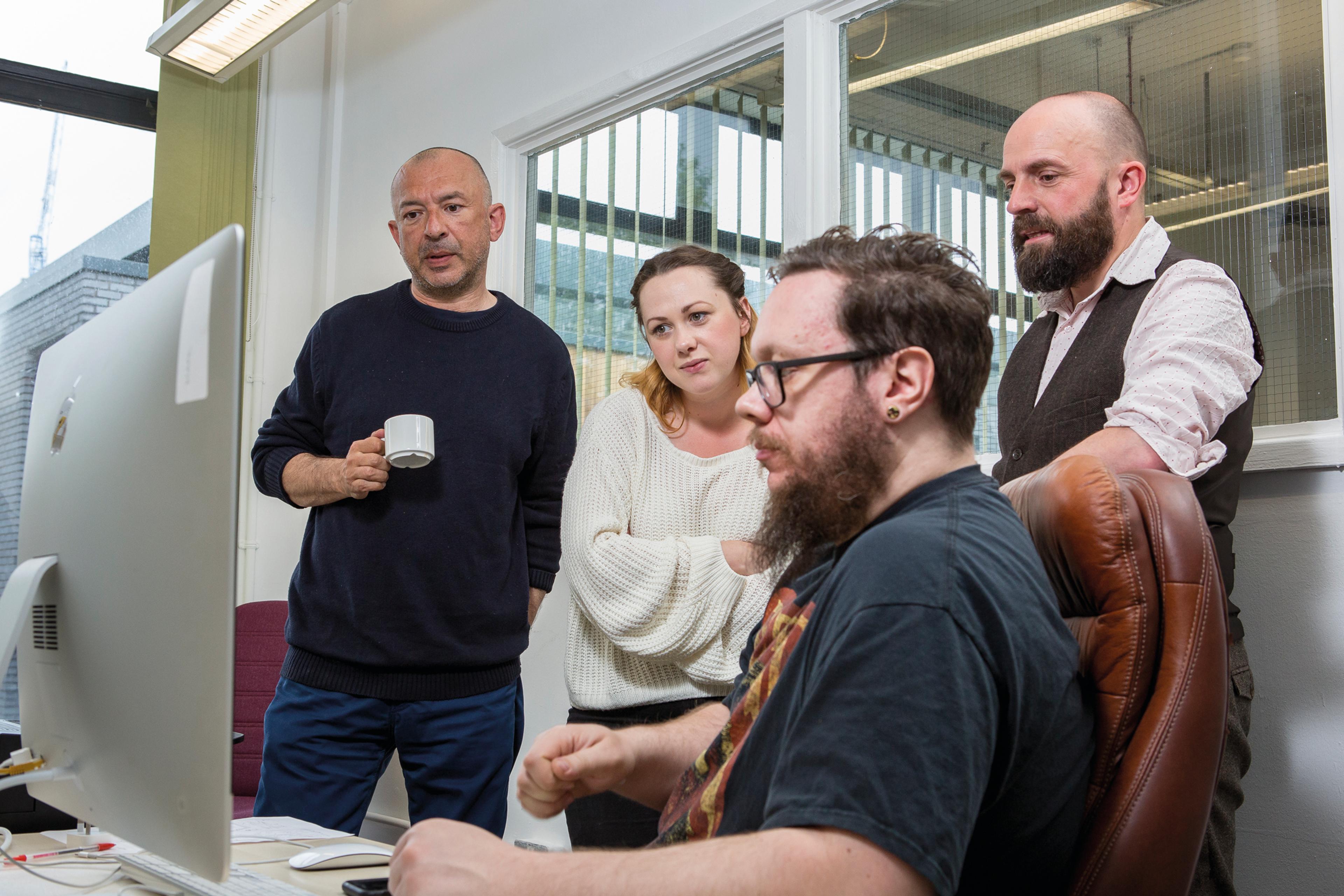Pet project: inside Australia’s pet food pantries
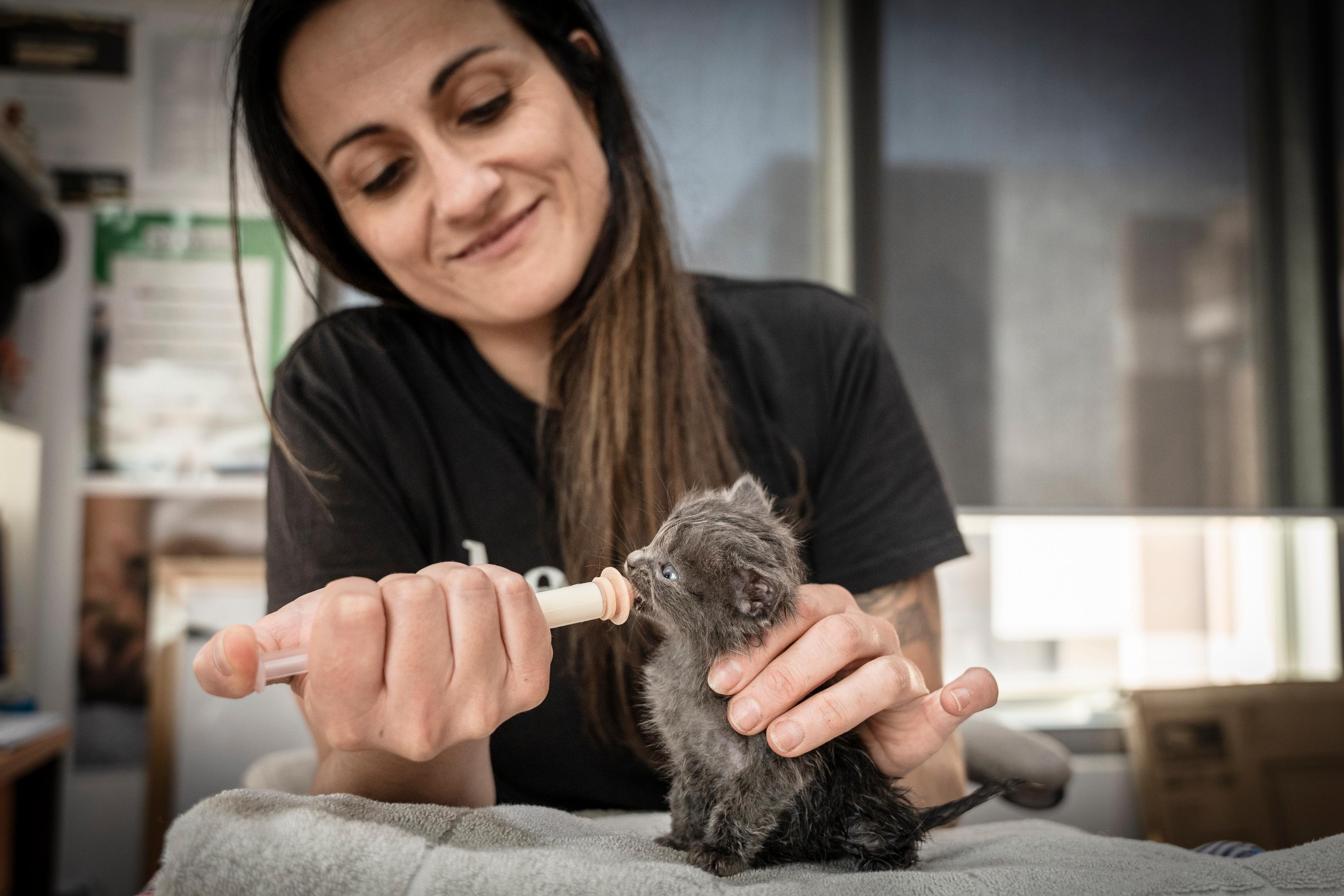
Photos by Christina Simons
By Lilian Bernhardt
- Street paper news
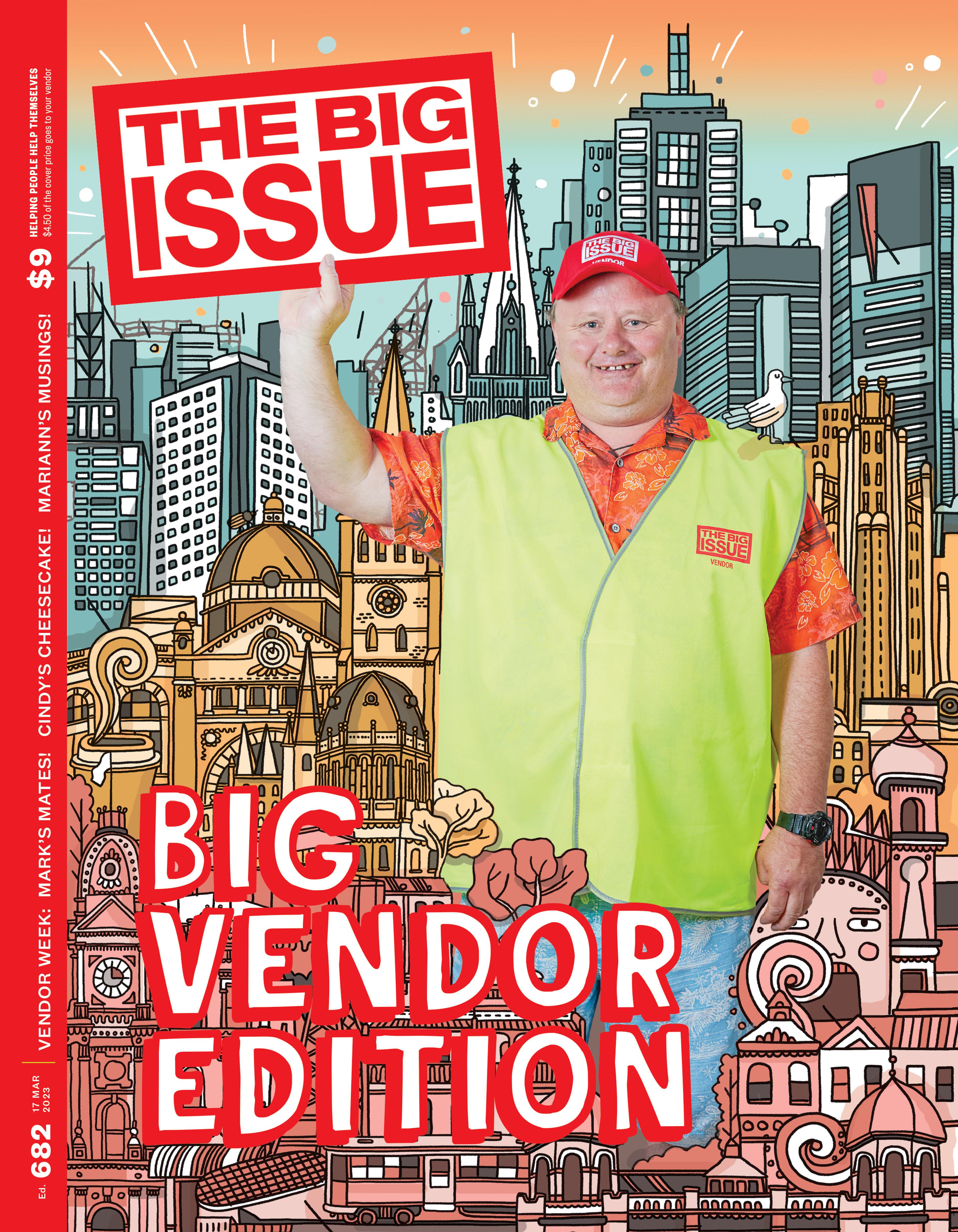
“It just takes that little bit of pressure off,” says Emily, as she picks up a bag of free dog food for her furry family member. She has been visiting Second Chance Animal Rescue’s (SCAR) pet food pantry to help offset the costs of caring for her German shepherd, Bella.
“Being so young, and having three young kids, it can be difficult,” Emily says. “Our rent’s gone up, and trying to buy food for the five of us and keep on top of normal expenses like bills… Usually, grocery shopping is very high, too.” Today’s pick-up will mean one less worry for the family. It means feeding their beloved pet for “at least a month or two”.
The food pantry we’re visiting today is one of many pet-food relief programmes that have emerged across Australia since Covid-19. Amid the persisting cost-of-living crisis, these services are vital for pet owners struggling to afford essentials.
“It is such a basic necessity to be able to feed your pet, and the fact that they can’t feed their pets does not mean they don’t love them,” says Marisa Debattista, CEO of SCAR, as she guides us around the small pantry space in Melbourne’s outskirts, its shelves stacked with pet food, supplies and parasite prevention. “In most cases, we are seeing that people feed their pets before themselves, and they are struggling.”
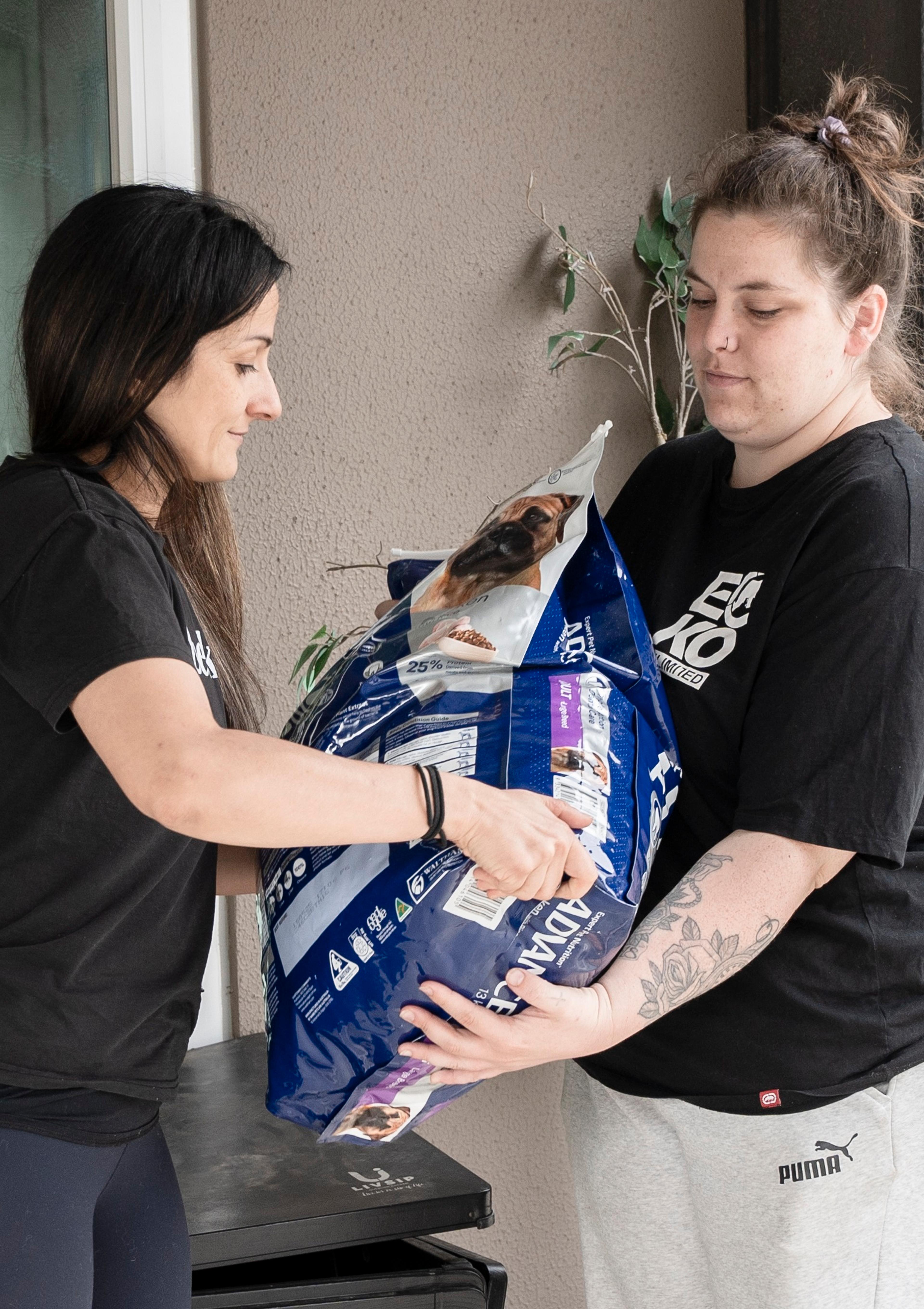
Marisa Debattista giving food to Emily, a client of the pet pantry. Photos by Christina Simons
On average, Roy Morgan reports, Australians spend $4,000 on their dogs per year, with 70 percent of that being spent on food alone. The rising costs of groceries, housing and utilities has led to many cutting back on non-essential spending for their pets – and themselves.
In the last 12 months, more than two million Australian households experienced food insecurity, according to Foodbank’s Hunger Report. Almost a quarter of those living in food-insecure households went without a meal so that their pet could eat, with others opting to buy cheaper, less nutritious food for themselves or reducing their intake due to financial stress.
“It’s terrible, and it’s heartbreaking to hear that,” Marisa says, “but it’s a part of life, and it’s happening out there whether we like it or not.”
SCAR operates out of Craigieburn, Victoria, but pantries like it can be found across the country, with some offering drop-in services and many partnering with local food banks and charities to stock pet food, or even offering mobile services that deliver relief on the go.
These services are often fuelled by volunteer efforts, community donations and sponsorship by pet food brands – all with the aim of addressing the financial and social barriers that threaten to separate pets from homes where they are loved and wanted.
Australia is a nation of pet lovers: more than two-thirds of households are home to at least one animal companion. Our pets play a crucial role in our health and wellbeing, offering security, friendship, emotional support and increased social interaction. As Marisa witnesses firsthand every day, “people need their pets now more than ever. Pets offer companionship, loyalty, comfort and love.”

Marisa Debattista feeding a surrendered kitten. Photos by Christina Simons
Demand at SCAR has increased substantially over the past 12 months, with the shelter receiving up to 20 calls and emails per day for their food pantry, boarding services and outreach programmes. “We physically can’t keep up,” says Marisa.
There’s also been a shift in the demographics of people seeking help, with more families and employed people seeking assistance. “The level of what you would call disadvantage has changed so much over the last couple of years,” Marisa adds.
This reflects a broader trend, with charity Foodbank finding that more than one in five median-income households now experience food insecurity, no longer an issue confined to lower-income Australians.
As we chat, Helping Hands Mission, a non-profit that provides food, groceries and material aid to people in need, drops by for a pick-up. It’s one of 38 organisations partnered with SCAR to distribute pet supplies to Neighbourhood Houses and food banks.
Staff member Samuel Pudge says that demand at Helping Hands has surged over the last two years, their average number of clients jumping from 40 to 70 per day at each of their locations in Sunshine and Airport West in Melbourne’s northwest.
“I’d say 80 per cent of our clients require dog or cat food,” Samuel estimates. “When clients are offered pet food, you can clearly see the joy on their faces. People don’t expect it.”
The emotional relief of being able to eat alongside their pets is deeply meaningful, he says, for both clients and the team. “Animals are so important to us – they’re like family, like kids, even. The more we can feed your family, the better. It’s very important to us.”
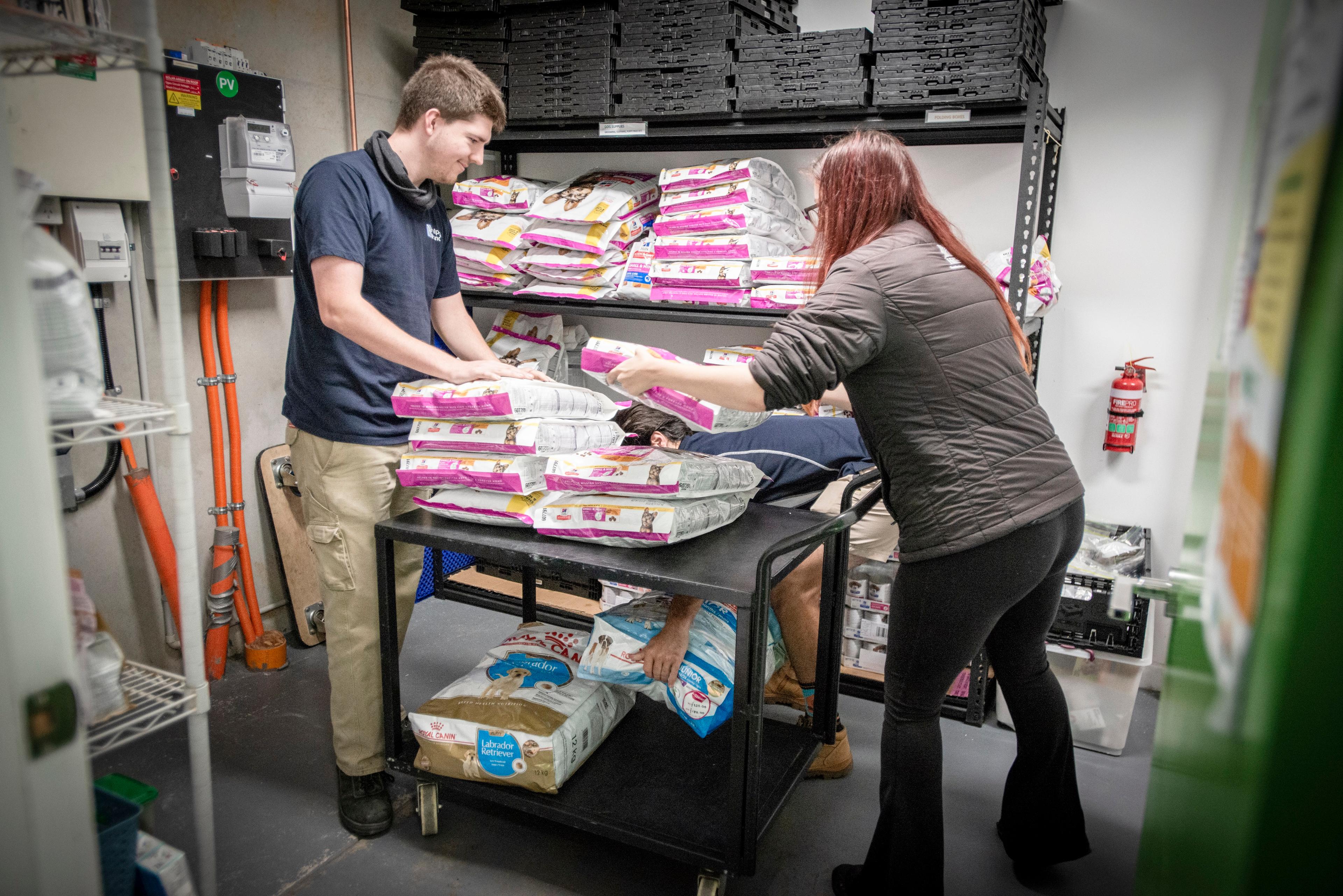
Samuel Pudge and Bethany Bullen stock the shelves. Photos by Christina Simons
This certainly rings true for pensioner Dimitrios, a regular at the SCAR pantry since he first heard of the programme through The Salvation Army. His face lights up when his pets are the subject of the conversation. “After paying rent and electricity, I’ve only got about $160-170 left a fortnight,” he says, adding that the pantry frees up some of those savings for other essentials, assisting him to feed his two black cats.
He shares a special connection with Jag (short for Jaguar), who he found as a kitten in a park near his home. “He was a little underage, so I fed him by the bottle for about three weeks or so,” Dimitrios says. “He’s bonded to me very close.”
Dimitrios would get up multiple times throughout the night to feed little Jag and says that the cat has “earned” his love: “He’s a great listener, and he doesn’t make any trouble.”
Misty is the family’s newest addition, and her entrance into Dimitrios’ life last May felt serendipitous. “[A local stray] brings her little girl towards my door, and I’m thinking that’s to say, ‘You got a boy cat, now take the little girl, match it up’. And so I’ve got two black cats now. One boy, one girl.”
Jag still sleeps and cuddles on Dimitrios’ bed, or in a Christmas box that he used to house the cat back when he was a kitten. Dimitrios’ beloved cats relieve a lot of stress, and he says that the first thing he’ll do when he gets home is play with them.
Pet surrenders are on the rise as a consequence of the cost-of-living crisis, with the RSPCA accrediting up to 30 per cent of their surrenders to its pressures. “People out there don’t want to surrender their pets,” Marisa says. “People can’t pay bills, people can’t keep up. People have to sell their homes because they can’t keep up with mortgage repayments, and moving into rentals is very difficult with a pet, in most cases.”
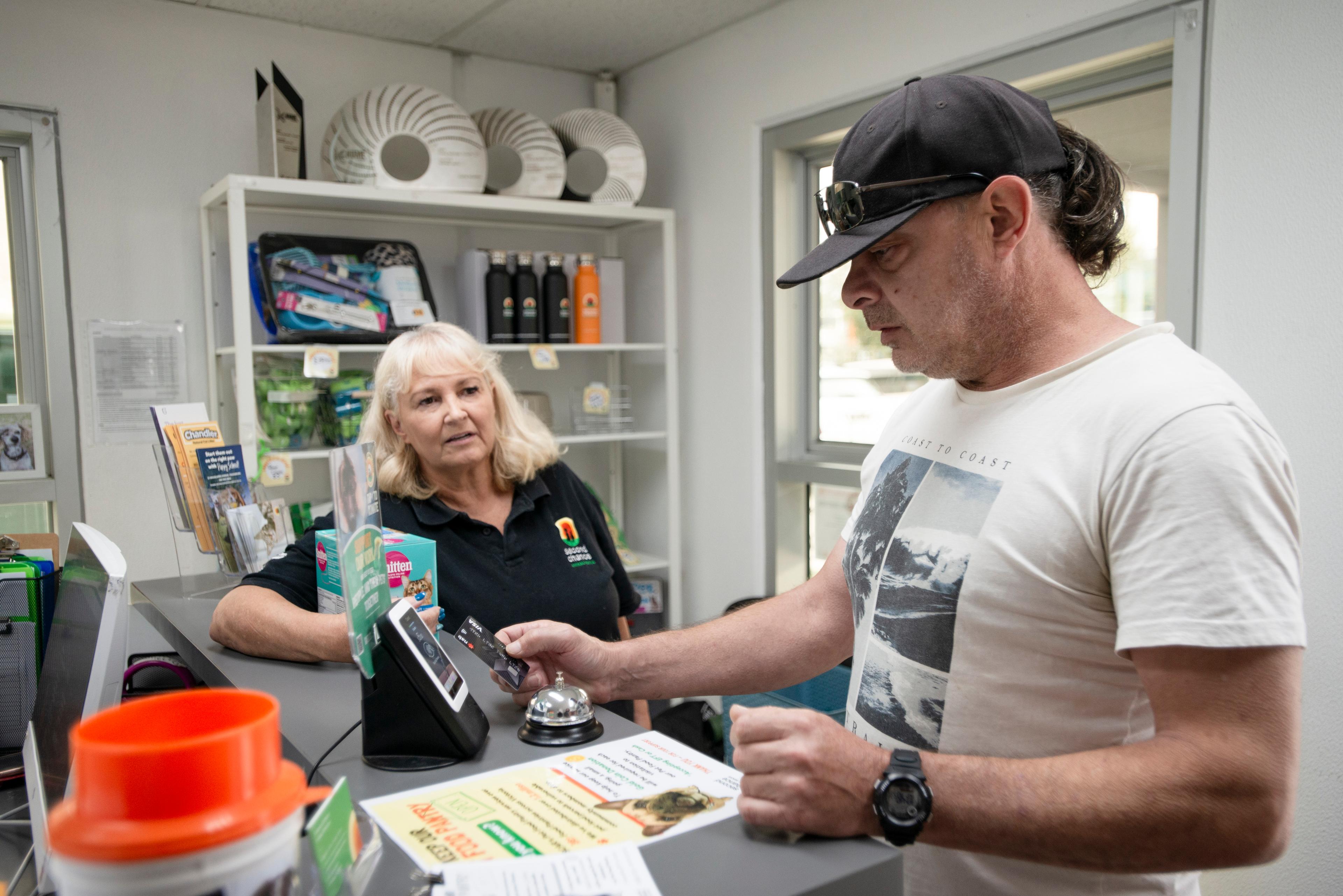
Receptionist Karen Watts and cat dad Dimitrios. Photos by Christina Simons
She says that while there are plenty of genuine reasons behind these surrenders, SCAR does everything it can to help before it gets to that point, offering pathways to things like safe housing for owners, or pet services such as free food or help with neutering.
Outside, volunteer Leanne Mcdonnell works on behavioural training with a kelpie named Red, who was recently surrendered to the shelter. She’s been volunteering at SCAR for a year, and it’s now the busiest she’s seen it. She dodges Red’s enthusiastic face-licks while answering questions.
A highlight of volunteering is seeing “people helping people,” she enthuses. “I can’t imagine having to choose between feeding my pet or giving them up. At least with the pantry, they have an option. They’re not left alone.”
As I wrap up my visit to Second Chance Animal Rescue, I watch Marisa bottle-feed two-week-old kittens at her desk. They were dropped off earlier – tiny, hungry and scared, after being found on a road in an industrial area.
She tends to a kitten with one hand, answering a phone call and taking down details with the other. Her multitasking ability is impressive, yet necessary in the rescue world, where limited funding and resources are stretched beyond capacity. She hopes to see big changes and calls for more pet-friendly accommodations, improved rental laws and increased government funding for programmes like theirs.
“This programme literally saves lives,” she says, “of not just pets, but of the people who own them as well. It is quite essential that we keep running, and we can’t do that without the help of the community.”
Courtesy of The Big Issue Australia / INSP.ngo
You may also be interested in...
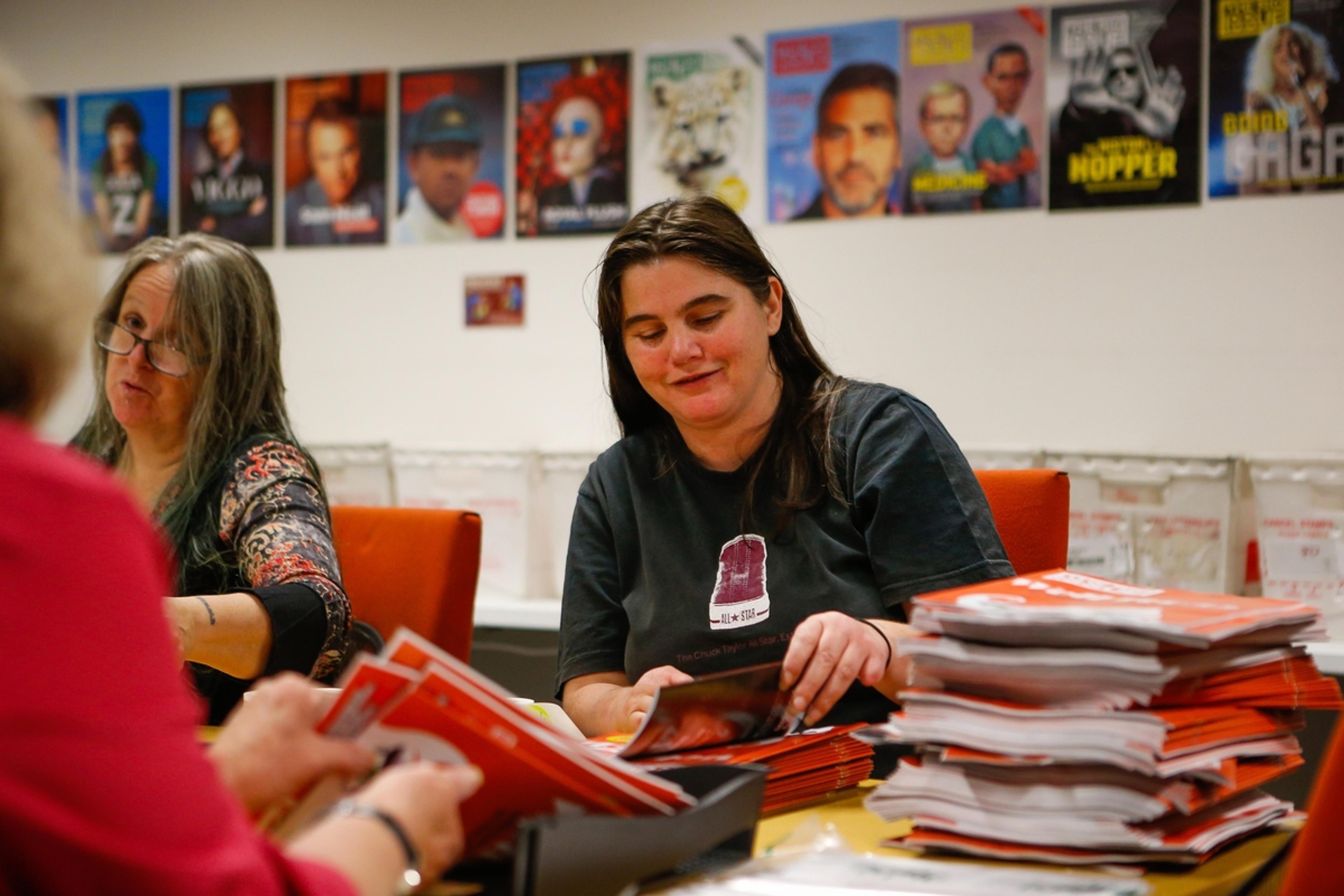
Q&A: How The Big Issue Australia is empowering women through enterprise
Read more
Street Sense Media vendors stage play exploring solutions to homelessness
Read more